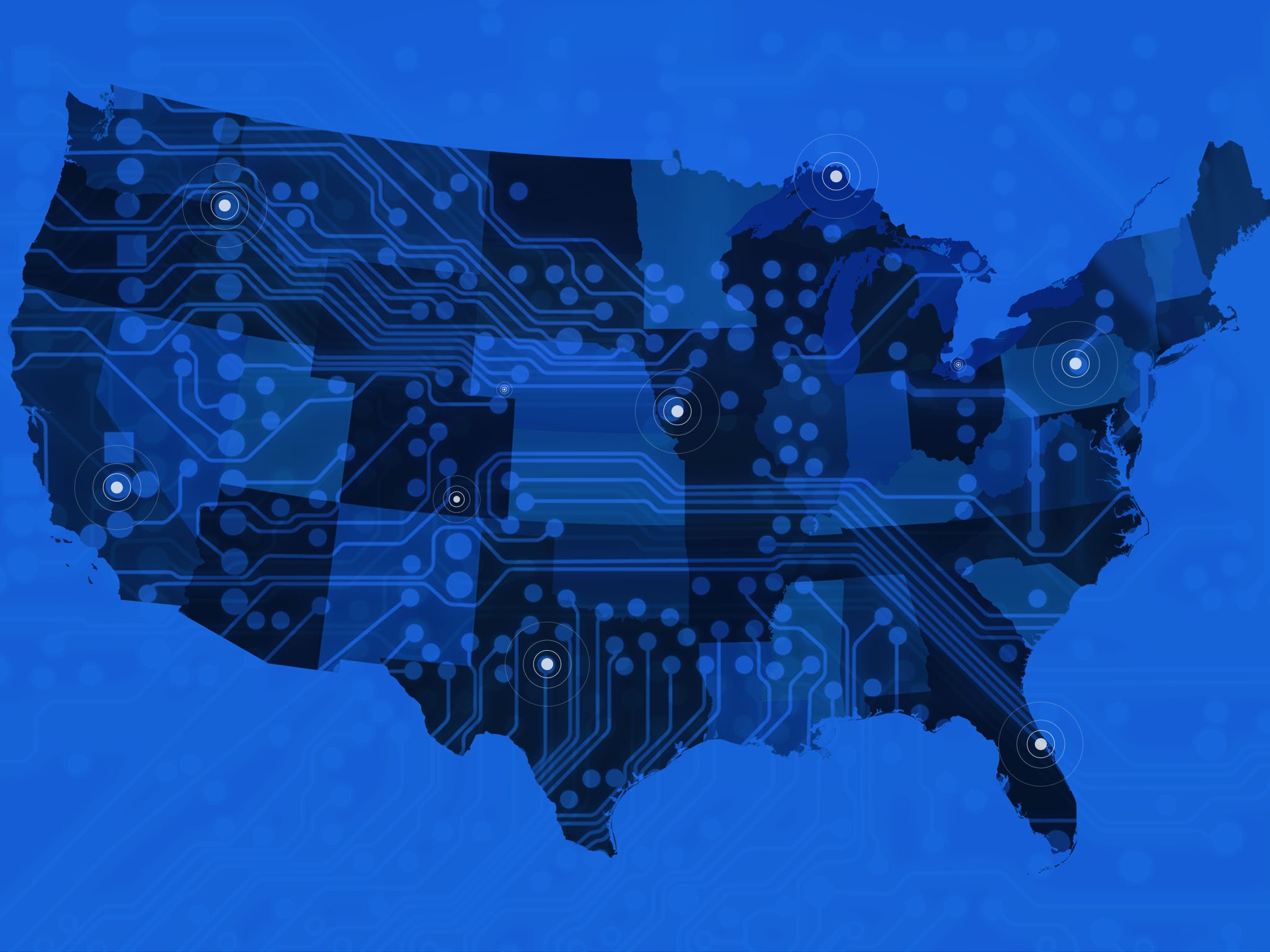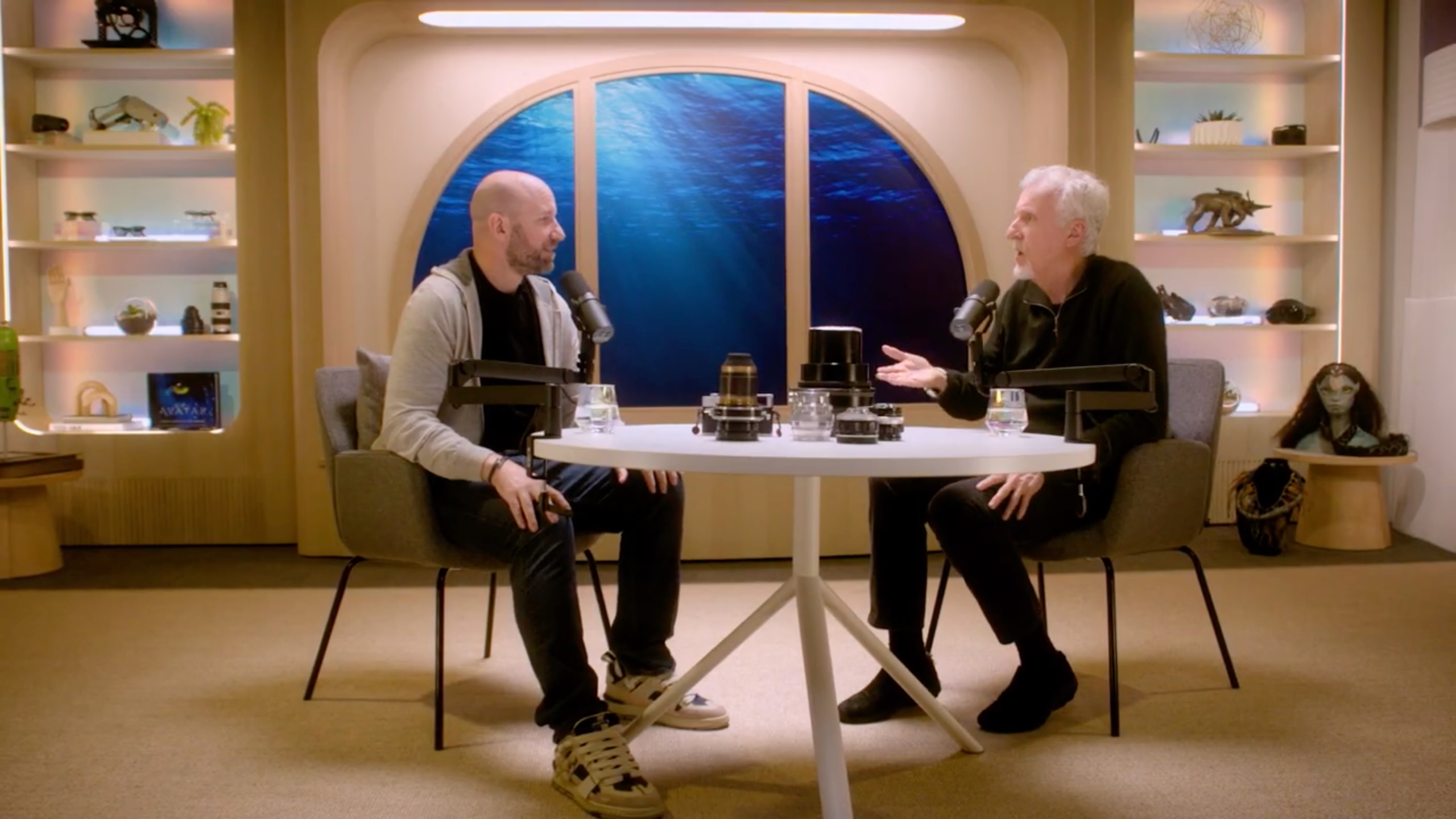Close-mindedness and the open internet

I was supposed to be watching tennis. Instead, I had my neck bent at an uncomfortable angle, my fingers scrolling through a Twitter timeline that would prove to engulf my day and imbue it with a frenetic energy that, sitting on a couch hundreds of miles away, I had trouble controlling.
What happened in Charlottesville unfolded in real time, on Twitter and elsewhere, similar to other events that we now, months or years later, refer to primarily by their location — Ferguson, Paris, Brussels, San Bernardino — or the name of the victim. There are so many victims.
Yesterday, though, I had a sober thought amidst the chaos: that despite the divisive and horrific nature of the images being captured and conveyed across myriad channels, they were being captured by everyone, all at once, and disseminated through an open internet that does not discriminate of the type or origin of the content itself. Whether it was Twitter, Facebook, Periscope, Livestream or any number of platforms, no one was being prevented — no company or government stood in the way — from seeing the turmoil and judging for him or herself the verisimilitude of the claims therein.
The networks stayed up and performed their function without bias — they were dumb pipes.
On the other side of the argument — and this isn't sexy, but it's business — the recent ramp-up of competition in the wireless space in the U.S., led by T-Mobile, allowed people in Charlottesville to continue streaming without fear of enormous overage charges or punitive throttling. And that despite the concentration of people, we didn't hear about any one network struggling to keep up with the strain of people hammering its core with a stream of video-intensive activities. The carriers performed as they were meant to: as dumb pipes, not distinguishing between perceived right or wrong, good or bad. That judgment isn't for the networks to make, but for the people — and it was made, forcefully and with no ambiguity.
Other countries are not quite as lucky. Many protests, and the media covering them, are kept from the public because of repressive internet laws and governments that oversee, or even own, the providers themselves. They control the networks and the frontiers for debate and exchange of ideas, the social networks and the video platforms. The U.S., as divided and chaotic and, well, frustrating as it can often be, still protects the right to free speech and doesn't impose restrictions or block the exchange of those ideas through the internet, which has become the primary source of such traffic — for the left and the right.
I abhor much of the imagery I saw yesterday. There is no place for Nazis, nor white supremacy, in the U.S. or anywhere in the world. Here in Canada, which is believed to be largely above the hate and division, the defiling of mosques and synagogues is a common occurrence. People of color and religious minorities are taunted and beaten, and, though less prominent, there is an intense, growing empowerment of white supremacists. No country is beyond what happened in Charlottesville, but an open and free internet allows regular people to see it and judge it for themselves.
If, a month ago, you sat by passively and did nothing during the Net Neutrality Day of Action, or criticized the movement as anti-consumer, think about how different things would be if your provider decided to side with one particular viewpoint or another, or if a carrier that also owned a media outlet decided that its message was the right one at the expense of, well, neutrality. This could happen if and when Title II is stripped away.
Be an expert in 5 minutes
Get the latest news from Android Central, your trusted companion in the world of Android
A few more thoughts this week:
- Back in the day, Phil was criticized for making this Editor's Desk column too political. I understand the need to remove oneself from the fray every now and then and just read about Android, but that's not the world we live in, especially not when the maker of Android needed to fire someone for a memo he wrote that contravened the company's code of conduct.
- Google's culture of openness and inclusiveness was systematic in making Android into the biggest operating system on the planet. Its willingness to work with people of all cultures, and engage with both men and women, is largely why Android has been so successful. To agree with James Damore's ideas about women is to tacitly support a culture within Google that could not build Android, or Chrome, or any number of services that empower girls and women in countries around the world that are a hell of a lot less inclusive than we are in North America.
- On a lighter note, this is the beginning of Crazy Season, with a number of device launches in the cards for the next couple of weeks. The Galaxy Note 8 and LG V30 are certainly the most exciting of the two, but we also have the Essential Phone, more details of which are expected this week, and new flagships from Sony, Huawei and others in the coming months.
- Perhaps most interesting of all is Google's strategy around Android O and the Pixel. We're expecting Android O — the final, finished, ready-for-consumer version on August 21. That will probably be Android 8.0, or 8.0.1. When the Pixel 2 line is unveiled, likely in late October, they will ship with Android 8.1, bringing some device-specific enhancements that may or may not trickle down to the older Nexus and Pixel models.
- I am also incredibly intrigued by the rumors that Apple, with its Phone 8, will do away with fingerprint biometrics and move straight to face and retinal authentication, mainly because of how tough that transition has been for Samsung. The eye is always going to be more secure than the finger, but it's also a lot more difficult to do properly, as we've seen.
It's been an emotional few days, and I am looking forward to some nice work-related distractions in the weeks ahead. I hope you'll join us on that ride — it's going to be good.
-Daniel
Daniel Bader was a former Android Central Editor-in-Chief and Executive Editor for iMore and Windows Central.

